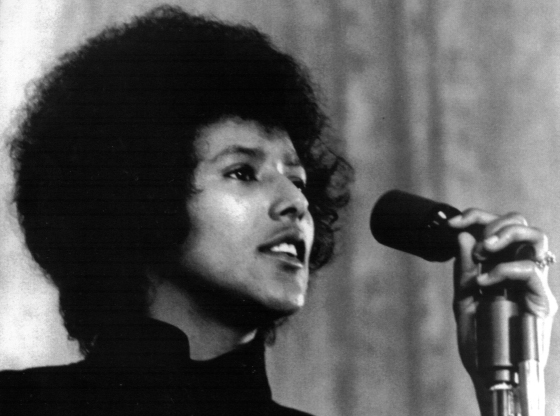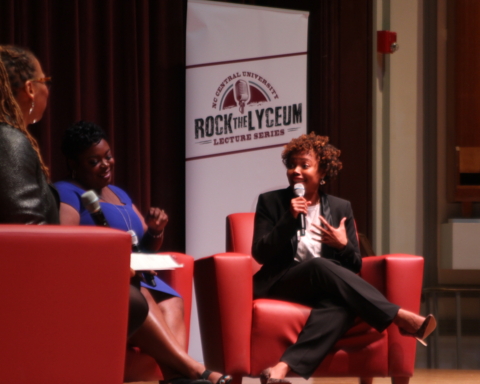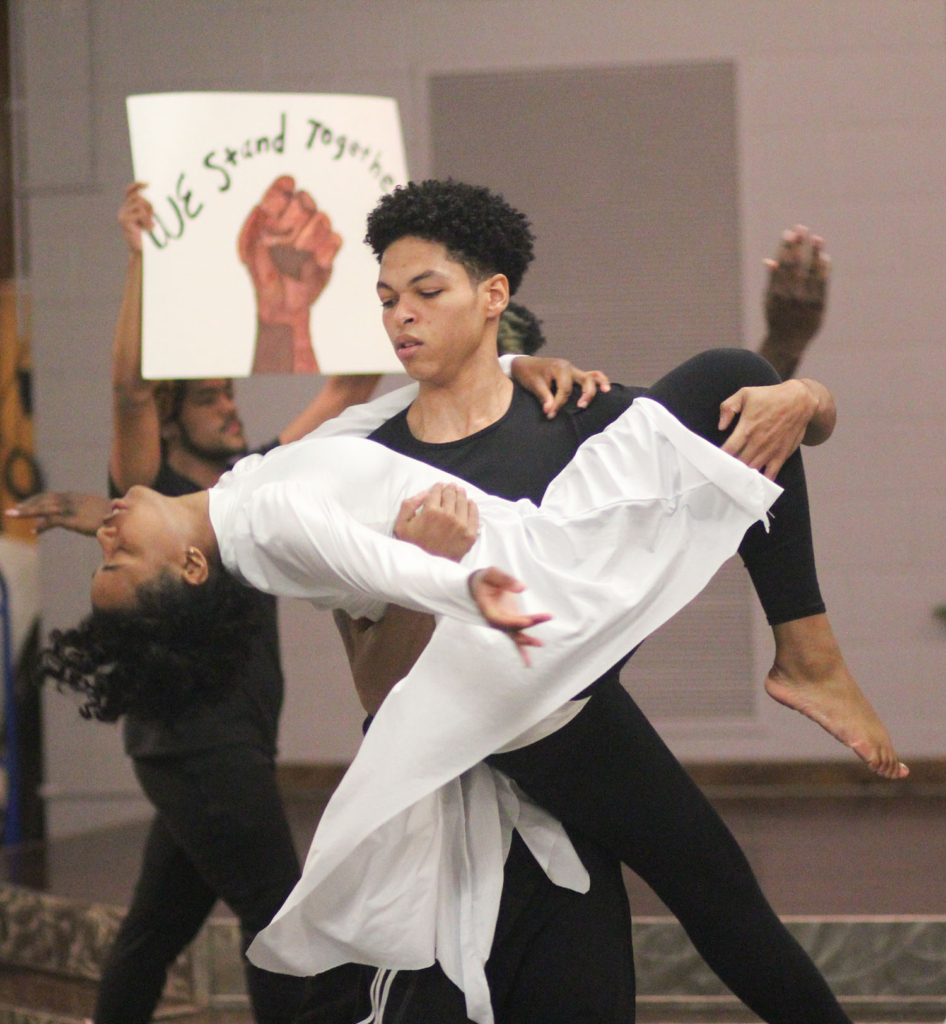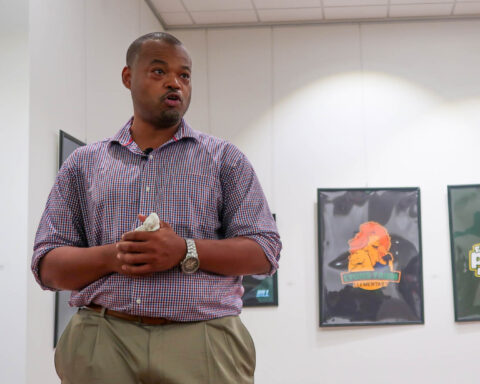In honor of Women’s History Month and International Women’s Day, it’s fitting to show some appreciation to the former leader of the Black Panther Party, Elaine Brown.
The Black Panther Party alone doesn’t receive enough recognition for the sacrifices they made for their communities. The history of the organization is usually manipulated into some type of terrorist group, undermining their true intentions.
The Black Panther Party was a self-defense group that vowed to protect their communities “by any means necessary,” only resorting to violence when they felt threatened.
Starting in 1966, when awareness of and protests against police brutality were picking up speed, leaders Huey Newton and Bobby Seale were fed up and took a stand and founded the first black militant movement in America and what J. Edgar Hoover called “the greatest threat to the internal security of the country.”
They created the Free Breakfast Program, community clinics, and social programs, while encouraging education and black power.
In 1974, Newton fled the States, leaving Brown in charge of the organization, making her the first woman to lead the Panthers, which she led until 1977.
Brown grew up in the rough neighborhoods of North Philadelphia with a single mother and absent father.
During the day, she was able to escape the harsh reality of the ghetto by attending a predominately white elementary school where she studied ballet and classical piano.
After high school, she attended Temple University for nearly a year, then moved to California to chase her dreams of being a singer/pianist.
While living in Los Angeles, she worked at a Hollywood nightclub, where she met Jay Kennedy, an American writer, whom she credits for her early education on capitalism, communism, and the civil rights movement.
Brown began working with the Black Panther Party in 1968 after the assassination of Dr. Martin Luther King Jr.
She started out distributing, writing, and editing for the Black Panther newspaper. Brown helped the party set up its first Free Breakfast for Children Program, the party’s initial Free Busing to Prisons Program, and its Free Legal Aid Program.
After leaving the Panthers, Brown and her only daughter moved to Oakland to work on her memoir “A Taste of Power: A Black Woman’s Story.”
Along with “A Taste of Power,” Brown also wrote “The Condemnation of Little B,” “Messages From Behind the Wall,” and “Living with Depression.”
Her albums include “Seize the Time,” which featured the Black Panther Party National Anthem, “The Meeting,” and her self-titled album “Elaine Brown.”
She eventually returned to school at Southwestern University School of Law.
Today, Brown is heavily involved in prison reform. She’s the CEO of the non-profit Oakland & the World Enterprises, dedicated to launching for-profit businesses for formally incarcerated people and others who are having trouble finding employment, such as those with disabilities.
Brown has been committed to improving black communities and fighting for social justice. She’s contributed so much to social change, not only by being a part of and leading the Panthers but by attempting to run for office in Oakland twice and creating organizations beneficial to the African American community.
“You cannot look at the success of black people by seeing who is on the front of Ebony magazine or by looking at Oprah. When you consider that only one percent of all business revenue comes from black-owned businesses, you have to ask yourself if this class disparity is the kind we want.”


















